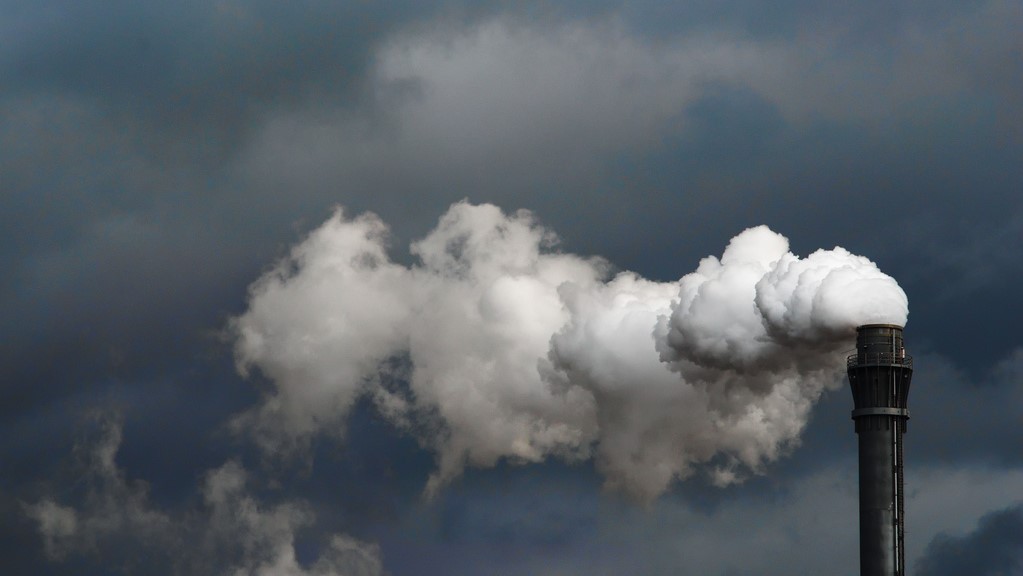Biodiversity protection needs a ‘Paris Agreement moment’

February 8th, 2019
Europe needs a “fundamental rethinking” in terms of environmental protection if the bloc is serious about protecting our natural capital and biodiversity, a leading EU environmental expert has said.
Opening a conference in DCU this morning, Dr Hans Bruyninckx, the executive director of the European Environment Agency, said that climate change is a “systemic issue” that we are failing to combat effectively.
Despite world leaders first promising wholesale policy changes with the landmark Rio Declaration in 1992, Dr Bruyninckx asked “what results can we show the young people today?”
According to the Intergovernmental Panel on Climate Change’s (IPCC), the earth is already 1°C warmer than pre-industrial levels.
This is causing impacts across much of the planet such as more extreme weather, rising sea levels and diminishing Arctic sea ice, the panel’s latest report released in October found.
Earlier this week, NASA and other leading scientific agencies released data showing that the past four years were the warmest on record.
Irish climate experts told The Green News that the new data shows that the warming of recent decades has been driven by increased human-related emissions.
Our conference, The Climate Challenge: Policy, Media and Society, is getting underway. Share your questions and comments throughout the day using the hashtag #DCUClimate. pic.twitter.com/JhqgNJGE2G
— DCU Centre for Climate & Society (@DCUClimate) February 8, 2019
Biodiversity declining
Biodiversity is also declining across the world, Dr Bruyninckx said, impacting nature’s capacity to provide food, water, and safety to people.
Last year, the Intergovernmental Science-Policy Platform on Biodiversity and Ecosystem Services (IPBES) warned that 66 per cent of European habitats now has “unfavourable conservation status” and may become worse under a “business as usual scenario”.
Dr Bruyninckx said that EU states need to kick on in this area, with the bloc’s deadline to halt biodiversity loss moving from 2001 to 2010 and then again to 2020 due to a lack of progress.
“So what’s next now, is it 2030?” he asked, adding that we need a “Paris [Agreement] moment” for biodiversity at an upcoming meeting on the Convention on Biological Diversity in China in 2020.
He said that the key to tackling this decline is to tackle landscape fragmentation and issues in the agricultural sector. “If we are serious about natural capital and biodiversity, we are going to have to tackle these two issues,” he said.

Industrial Emissions Photo: Dirk Duckhorn
Economic growth and emissions
He said that there was a “serious anomaly” during the economic recession where emissions went down across the bloc.
“We thought we had peaked [in emissions] but we didn’t,” he said, with many EU countries failing to decouple economic growth from emissions growth.
Last November, the Minister for Climate Action, Richard Bruton TD attributed the limited fall in Irish emissions following the 2008 economic crash to a “huge fall in output” during the recession.
“Once economic growth resumed, the growth in carbon resumed with it, highlighting the very significant structural issues which still exist within the economy in terms of reliance on carbon,” he said.
Ireland will fail to meet its 2020 target of reducing emissions by 20 per cent below 2005 levels and it is likely to achieve only a one per cent reduction.
In order to close this gap, Mr Bruton has said that Ireland will need to spend between €6m and €13m on carbon credits, with multi-million annual fines looming for failing to reach out mandated targets up to 2030.
[x_author title=”About the Author”]







